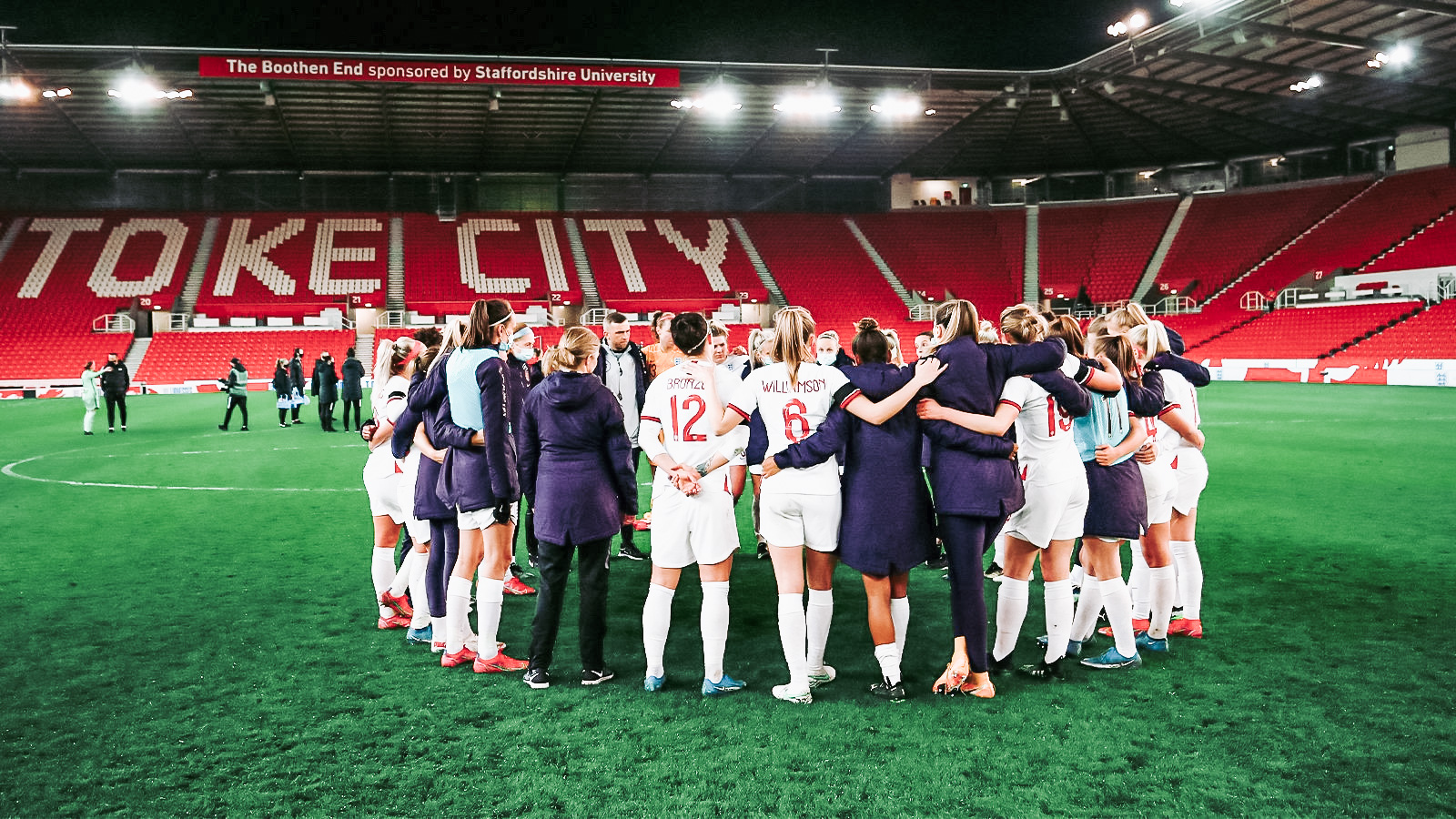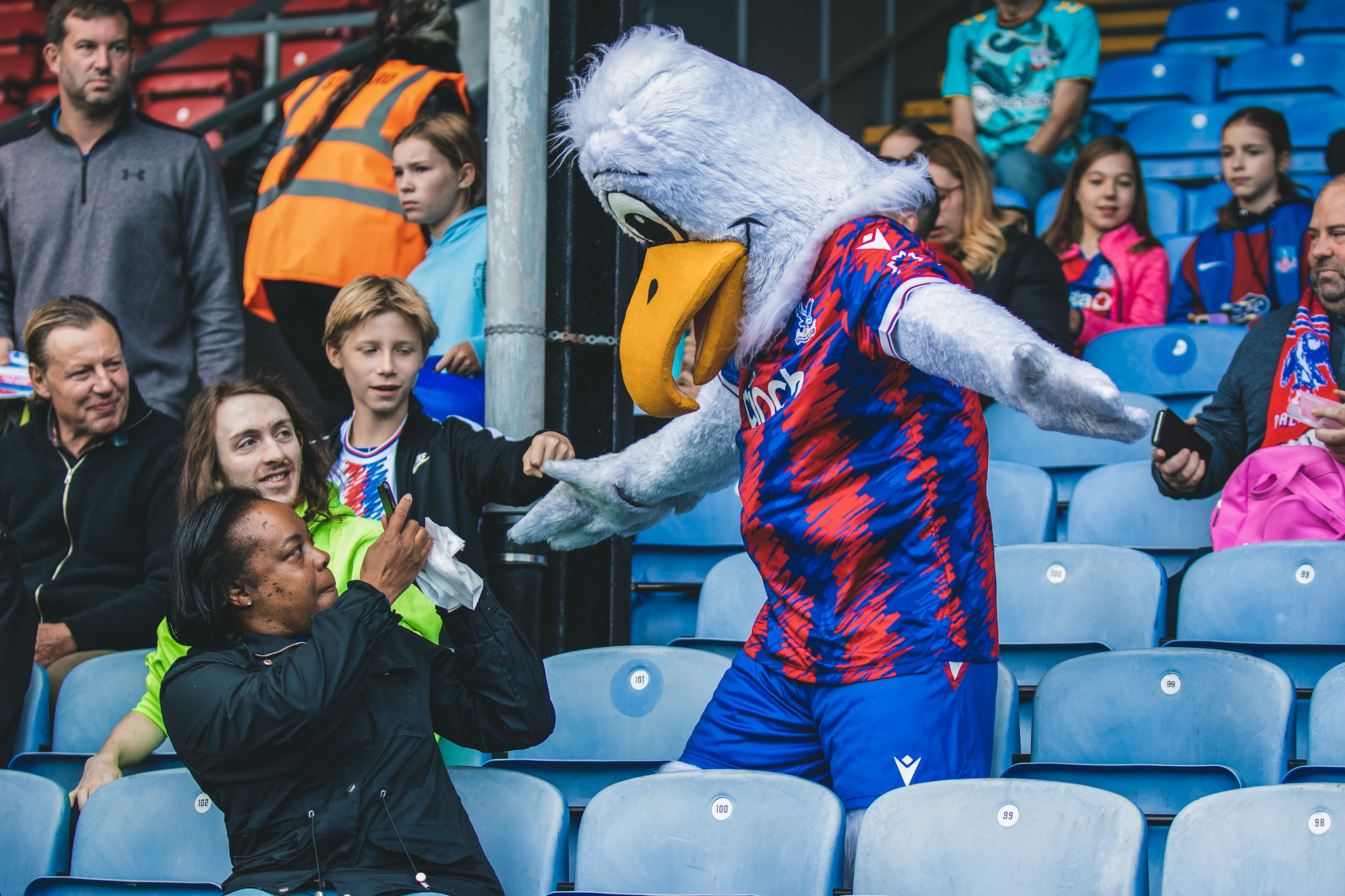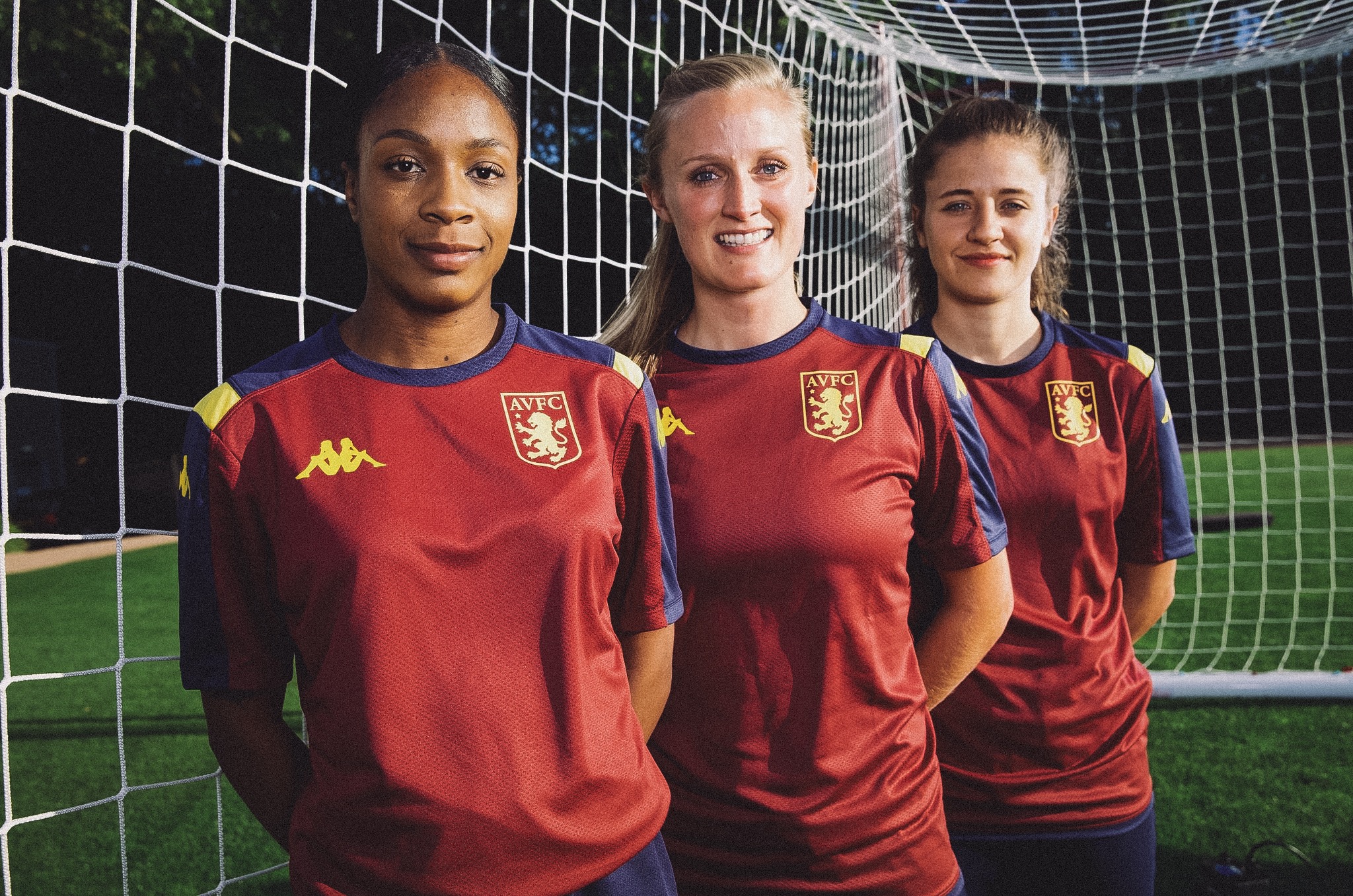We need to talk about the Lionesses… After suffering defeat in their two recent fixtures, England’s national side tally a less than convincing record of four wins out of fourteen since the last World Cup.
Hege Riise’s stint as interim head coach was not the fast-acting injection of mettle one had rather naively hoped for. At a first glance, things looked positive. Camps were loaded with a selection of young and in-form players, along with the more experienced usual suspects, yet Riise’s neutrality encouraged a notion that starting elevens may skew towards a different dynamic. Yet, the line-up’s nominated were suspiciously Neville-esque.
Although there was a tactical shift in formation, with Riise opting for a double pivoted 4-2-3-1, little else had changed. We were once again forced to bear witness to ‘the established’ playing out of position over the more naturally placed youth. Rachel Daly was chosen to fill in at right back ahead of Niamh Charles, Chloe Kelly did not start a match, and our only consistent left sided centre-back, Lotte Wubben-Moy, appeared in just half a game.
It is here that Riise’s insistence that these friendlies were to ‘get England right’, and not a focus on Team GB, that has one slightly baffled. If this was indeed the case, it can surely be argued that line-ups should have reflected longer term positional options, rather than being used as an experiment for versatility.
There is often talk of finding a balance between youth and experience within England’s side and time should be used wisely in further exploring this mix. Of the younger players that did make the cut, many gave considerable performances; Georgia Stanway’s surprising debut as an understudied holding midfielder, Lauren Hemp’s dominating zeal along the wing, Leah Williamson’s graft to improve her positioning in a left-sided role and what one could arguably call Keira Walsh’s best game in an England shirt.
Friendlies provide an opportune time to test run a deviated cohort, perhaps one that may become the norm in just a few short years. And so, the decision to play Demi Stokes and Karen Bardsley was questionable. Although both have weighty international experience, neither Stokes nor Bardsley have had ample time play domestically since recovering from injury. In fact, Bardsely had not played a match in over 600 days. It begs the question as to why either were played, when sat on the bench was versatile defender Esme Morgan and developing goalkeeper Sandy MacIver. One shall refrain from heading down the Hannah Hampton shaped rabbit hole, who was not even selected for the squad.
Riise’s reasoning for these choices may lie in using friendlies to iron out the kinks with those familiar to the system, to rid surplus nerves before a main event. Though this is valid, we must be realistic in looking forward. The Euros are still a year away, the World Cup the year after that. Decisions should contemplate the very real possibility that not all of these ‘tried and tested’ players will be fit to partake. Coaching must become rational, not sentimental.
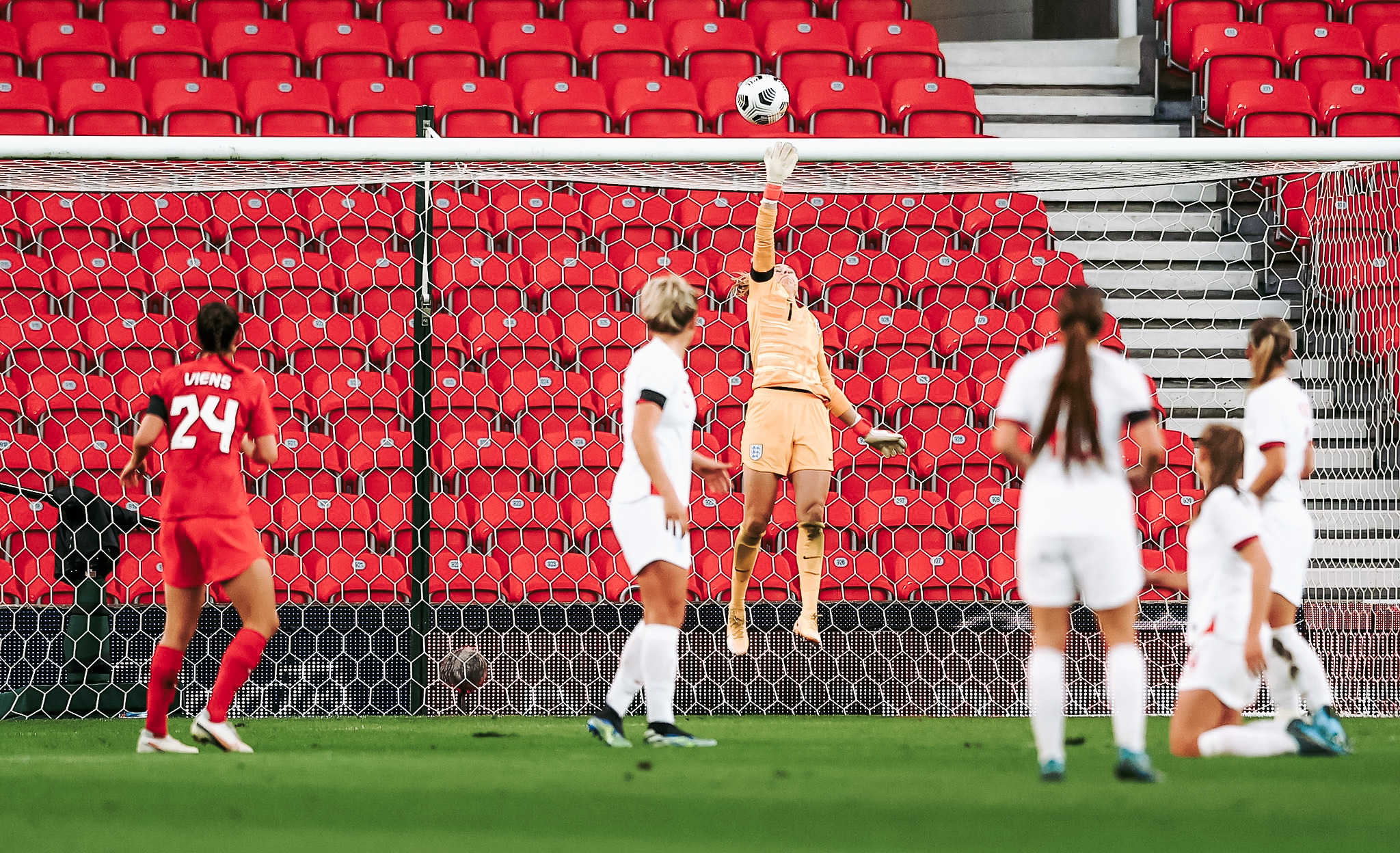
This is not to say that one does not recognise or value the gravity of ‘old hat’, far from it. Having seasoned professionals line-up can be somewhat comforting and their mere presence can instil a sense of sureness for inexperienced internationals within the squad. In fact, the absence of skipper Steph Houghton was rather evident. There is also little doubt in what this set of players have achieved on the worldwide stage. They have been the driving force in our world rankings over the past few years. However, when a tentativeness creeps up upon these greats, progression begins to stall. Whilst other countries begin to move forward, we find ourselves standing still.
The Lionesses are a talented side. This is a statement one shall not budge on. But what use is talent if it is not being tuned to the sweetest chord? A magician is wistfully wasted without supporting props, without anticipation, without a little pizzazz. But further than all of this, a magician is simply lost without a little belief.
This is exactly where we find the Lionesses, a group of skilled individuals that have seemingly forgotten their collective worth. Dishearteningly for supporters and likely for players themselves, it often feels as if they are chasing their own tails. Trying to emulate the successes of their previous endeavours has left them void of creativity, resigned with a demeanour that lends itself nicely to defeat.
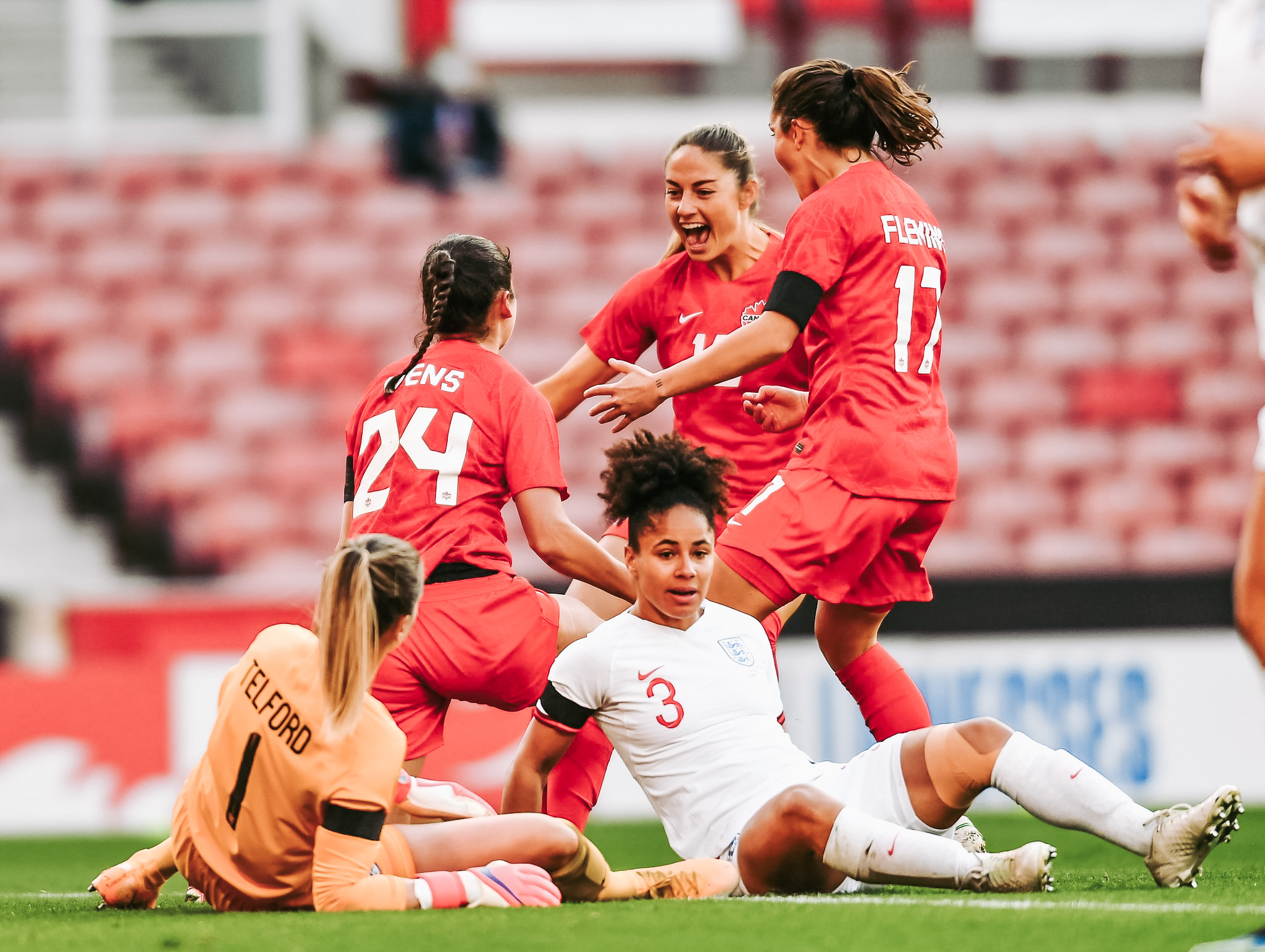
One reiterates, the Lionesses are a talented side. The evidence is as clear as day when keeping up with the WSL, the league in which most of the Lionesses play in. We are treated to the zest of Lauren Hemp and Chloe Kelly, the cross balls of Millie Bright, the cleverness of Jordan Nobbs and the irrefutable form of Fran Kirby.
But working this closely together in competition comes with its pros and cons. Playing week in week out develops a custom. Rhythms, strengths and weaknesses of both teammates and oppositions are quickly learnt which works well domestically. Yet, this runs the risk of becoming all too familiar and when this group of English league compatriots come up against something altogether different, they quickly become unstuck. Nevertheless, this does not seem to be such a problem for other countries in comparable positions, so why is it that England struggle?
We can pin it on management, we can pin it on tactics, we can even partly pin it on the pandemic. But essentially a great deal of England’s woes comes down to attitude. Take the US Women’s National Team for instance. Similarly to the Lionesses, the majority of the USWNT play in one league, the NWSL. Yet when the national side comes together they do not buckle under the weight of the unknown, if anything, they thrive in it. The USWNT approach matches with the intent to win. They share a unanimous belief in their play, an almost arrogant sense of superiority, yet typically this characteristically elitist mentality is compensated.
England, on the other hand, have become hesitant. This was demonstrated as a severely doctored French side were able to outdo an almost fully fit England. France’s victory was not down to skill. France, for the most part, were not the “better side”. Their win came down to attitude. France picked out England’s weaknesses and had the confidence and conviction to exploit them. They tuned into England’s sluggishness in transition, their chronic defensive gaps, their tendency to hold possession with little resolve to finish, and they punished England for it.
Of course, one realises, that from the outside looking in, it is easy to categorise the shortcomings of the side they so desperately stand behind. The reality is that a far more difficult conundrum to wrestle with. It is not a case of out with the old and in with the new or a fix of bringing in a new coach and expecting an overnight miracle. Each of these is akin to sticking a plaster over broken leg.
The Lionesses need a shake-up, both on and off the pitch. A commitment to stripping it back to basics to re-establish a singular team spirit. To work on developing a collective mentality, casting aside the shadow of previous performances and to resist the urge to dwell on what once was. The time between now and the Euro’s must be used to regain a lost confidence, to initiate an investment of a ‘future England’ and to steadily begin to move on to pastures new.
Although one would rather take these defeats on the chin now, there is a very real fear that nothing will change if risks are not taken and lessons are not duly acted upon, sooner rather than later. For these two friendlies have served as a prime example of a team nervous to make the next move. But as others delicately leap into unchartered waters, there is little to doubt that if we do not jump soon, we will be pushed.





